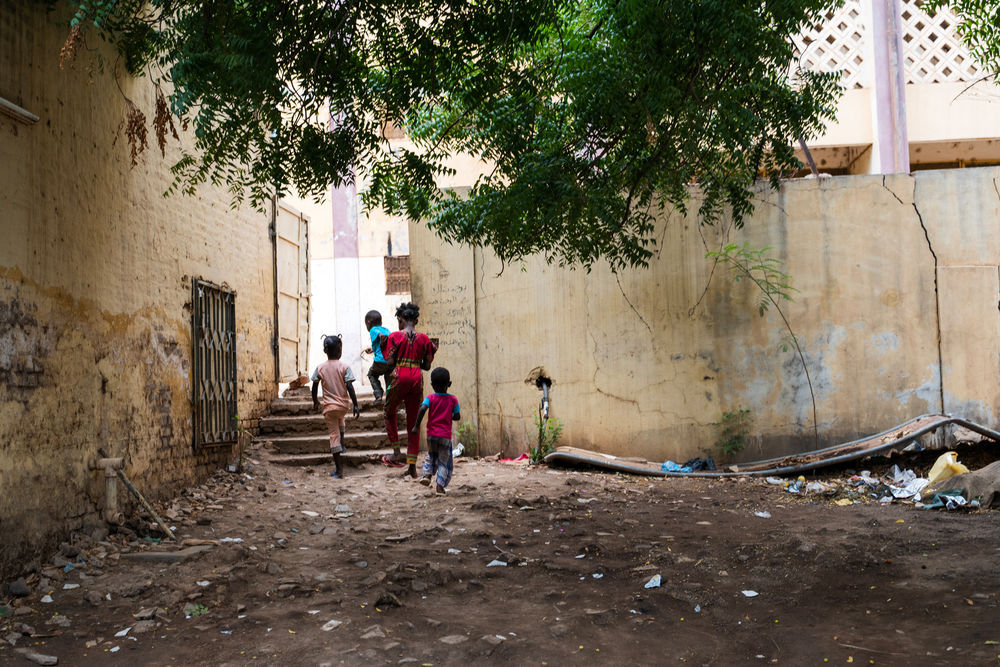After days of negotiations and delay, the United Nations Security Council adopted a resolution demanding that the parties to the conflict allow and facilitate safe and unhindered humanitarian access at scale to Palestinian civilians in Gaza. The vote was 13-0 in favor of the resolution, with the United States and Russia abstaining. The final resolution is a watered-down version of the original draft, containing only a vague call for steps to be taken to “create the conditions for a sustainable cessation of hostilities.” The resolution also requests the UN secretary general to appoint a coordinator to facilitate the flow of aid into Gaza.
Avril Benoît, executive director of Doctors Without Borders/Médecins Sans Frontières in the United States (MSF-USA) gave the following statement:
Today’s Security Council resolution falls painfully short of what is required to address the crisis in Gaza: an immediate and sustained ceasefire. This resolution has been watered down to the point that its impact on the lives of civilians in Gaza will be nearly meaningless.
The way Israel is prosecuting this war, with US support, is causing massive death and suffering among Palestinian civilians and is inconsistent with international norms and laws. Even war has rules.
It’s unfathomable that in the midst of an unmitigated humanitarian disaster, where every minute counts, the UN Security Council spent days mired in disagreement over something that should have been established from the start of this crisis: ensuring the rapid flow of humanitarian aid into Gaza, and safe, unhindered delivery of assistance within Gaza.
Anyone with a conscience agrees that a massive scale-up of the humanitarian response in Gaza must take place without delay. However, achieving a meaningful response entails far more than opening additional points of entry for aid, sending more trucks in, or establishing a new aid coordination and monitoring mechanism. Scaling up humanitarian aid in Gaza requires creating and maintaining an environment conducive to the delivery of assistance throughout the Gaza Strip.
More and more member states recognize that a ceasefire is indispensable to addressing the humanitarian catastrophe in Gaza, yet the Council has yet again failed to call for one.
The United States government remains intent on blocking effective Security Council action on Gaza, rejecting earlier drafts of the resolution, calling for an “urgent and sustainable cessation of hostilities.” The Biden administration also vetoed a draft resolution calling for an immediate humanitarian ceasefire on December 8. Thousands of civilians have been killed, injured, and displaced in the two weeks since then.
The most serious impediment to effective humanitarian action in Gaza today remains the lack of intention to protect civilians and the lack of respect for humanitarian operations. Rather than quibble over the details of an aid coordination mechanism, the Council—and the US government in particular—must focus their attention on establishing a ceasefire and ensuring that international humanitarian law does not become a mere afterthought in this



